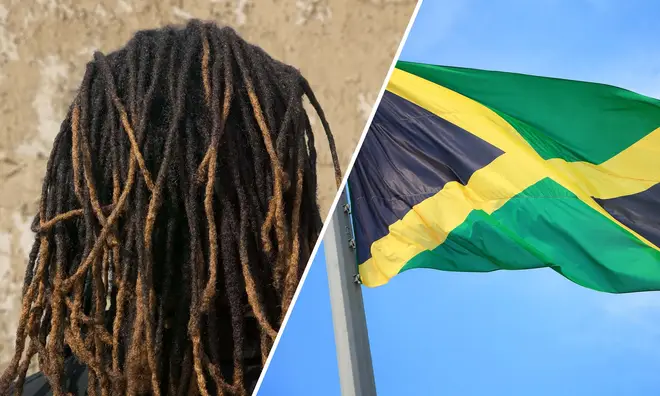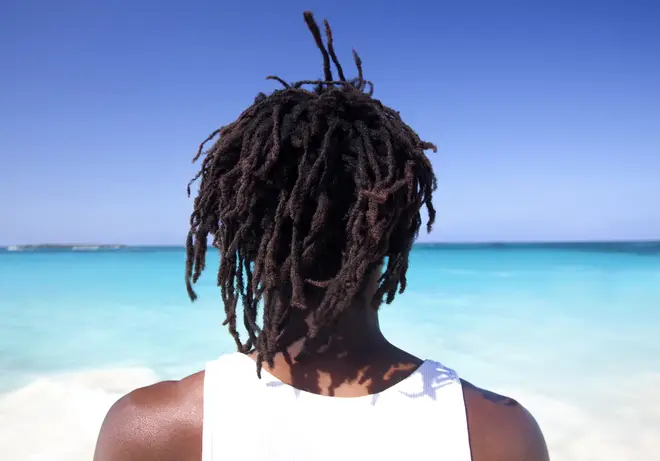Jamaica's high court says school can ban dreadlocks
3 August 2020, 15:22

The Supreme Court of Jamaica made the ruling two years after a primary school demanded that a girl cut her dreadlocks for "hygiene reasons".
The Supreme Court of Jamaica has ruled that a primary school was within its rights to demand one of its students to cut her dreadlocks in order to attend class.
The decision comes after a two-year battle between Kensington Primary School in Kingston and the parents of a then-five-year-old girl who was told to cut her dreadlocks for 'hygiene' reasons.
As an iconic symbol of Jamaica's Rastafarian culture, the decision to ban dreadlocks has come as a surprise and a disappointment to some.

Jamaicans for Justice, a rights group, have offered their support to the little girl's family and argue forcing her to cut off her dreadlocks is a denial of her freedom of expression and access to education.
Dale and Sherine Virgo, parents of the now-seven-year-old girl, who both wear dreadlocks themselves, are planning to appeal the decision, their lawyer, Isat Buchanan says.
"I am more than surprised. It is most unfortunate," said Buchanan. "It is a most unfortunate day for Black people and for Rastafarian people in Jamaica."
"I will not be cutting my daughter’s hair," Sherine Virgo reportedly said after the ruling took place. "If they give me that ultimatum again, I will be moving her."

"A child was refused because of her Black hair, you know?" said Dale Virgo, who called the ruling another sign of "systemic racism."
"It’s so weird that right now in the current climate of the world, in 2020, we are having protests, and Black people are fed up.
"This is an opportunity the Jamaican government and the legal system had to right these wrongs and lead the world and make a change," he added. “But they have decided to keep the same system."
Although the Virgos do not identify as Rastafarian, they say that wearing dreadlocks is an expression of their identity, and that all Virgo family members wear that natural hairstyle.
Verene Shepherd, director of the Center for Reparation Research at the University of the West Indies, said: "In general, I think that discrimination on the grounds of hairstyle is wrong,"
"I do not think our children who are Rastafari and who express their culture through their hair should be discriminated against."

















